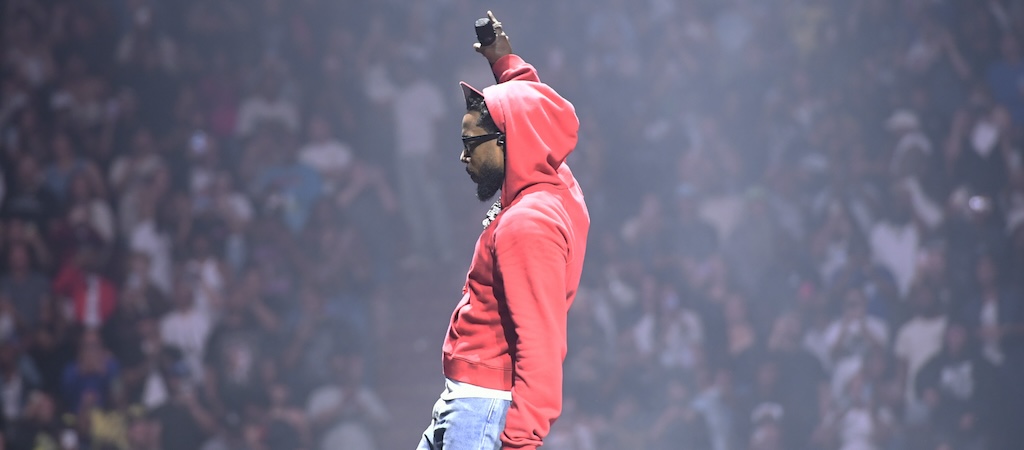
Elon Musk, owner of Tesla, SpaceX and most relevantly the social media platform X (Formerly Twitter) faced instant backlash after retweeting an altered Kamala Harris campaign ad without labeling it as misleading. Full stop, how does the owner of one of the biggest social platforms just take part in clear violations of the platform’s own rules? Not to mention he has 191 million followers, the very thought of this level of misinformation is appalling.
Get this, the retweeted video used segments from a recent Harris campaign video but replaced the audio with a voiceover impersonating Harris, making controversial statements about President Joe Biden’s senility and referring to herself as an incompetent candidate. Feels like a parody, but so what, it’s ridiculous that he would retweet this and shows he and others have no bottom in the lengths they will go to help elect Donald Trump.
And onto the racism. The voiceover also described Harris as “the ultimate diversity hire” and accused her of “trying to sound Black.”
So you know the facts about the original campaign video, it featured Harris asking, “What kind of country do we want to live in?” before transitioning into Beyoncé’s song “Freedom.” The altered version omitted Beyoncé and included derogatory comments, which were widely condemned.
In response, Harris campaign spokesperson Mia Ehrenberg criticized Musk and former President Donald Trump, stating:
“We believe the American people want the real freedom, opportunity, and security Vice President Harris is offering; not the fake, manipulated lies of Elon Musk and Donald Trump.”
The insensitive and misleading video was initially posted by a YouTube account named “Mr Reagan,” labeled as a parody. However, it is unclear if the video utilized artificial intelligence. Alexios Mantzarlis, director of the Security, Trust, and Safety Initiative at Cornell Tech, suggested the altered content might be considered a deepfake, indicating a trend of using such deceptive tactics for trolling rather than legitimate misinformation.
Senator Amy Klobuchar accused Musk of violating X’s policy on misleading content, tweeting, “If @elonmusk and X let this go and don’t label it as altered AI content, they will not only be violating X’s own rules, they’ll be unleashing an entire election season of fake AI voice and image-altered content with no limits, regardless of party.”
X’s own hypocritical policy states that users may not share synthetic, manipulated, or out-of-context media intended to deceive or confuse people. Despite this, Musk’s retweet had garnered significant attention, with 119.9 million views as of Sunday afternoon.
Just tomfoolery by Elon Musk. Willing to bet if someone retweeted an altered Trump campaign Ad, he’d ban their account for life and hold a press conference stating misinformation will not be tolerated.
The post Elon Musk Retweets Digitally Altered and Misleading Kamala Harris Campaign Ad Resulting in Swift Backlash first appeared on The Source.
The post Elon Musk Retweets Digitally Altered and Misleading Kamala Harris Campaign Ad Resulting in Swift Backlash appeared first on The Source.








